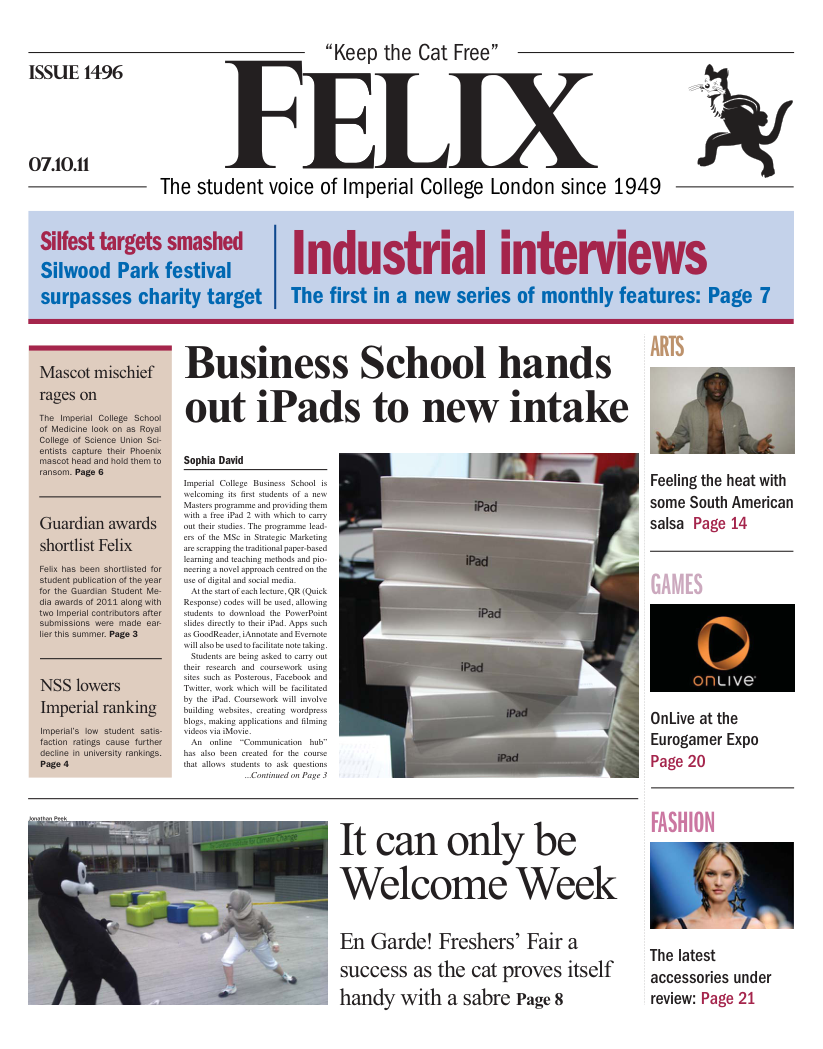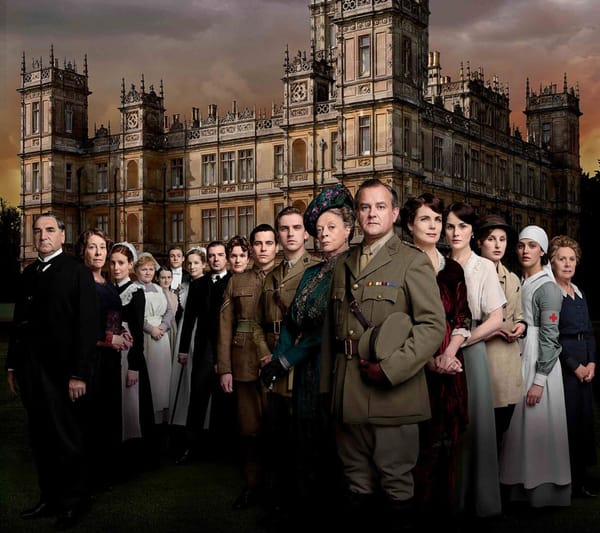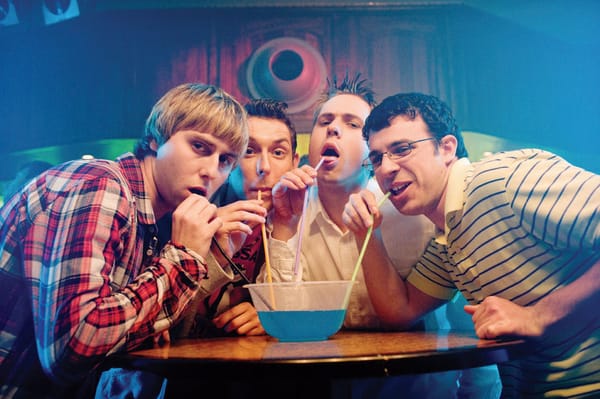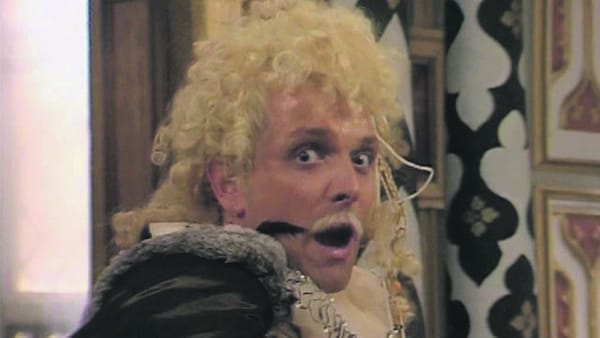Doctor Who in plot-hole drama... again
It's time to pick holes in the Doctor's nebulous, wibbly wobbly, timey-wimey thread
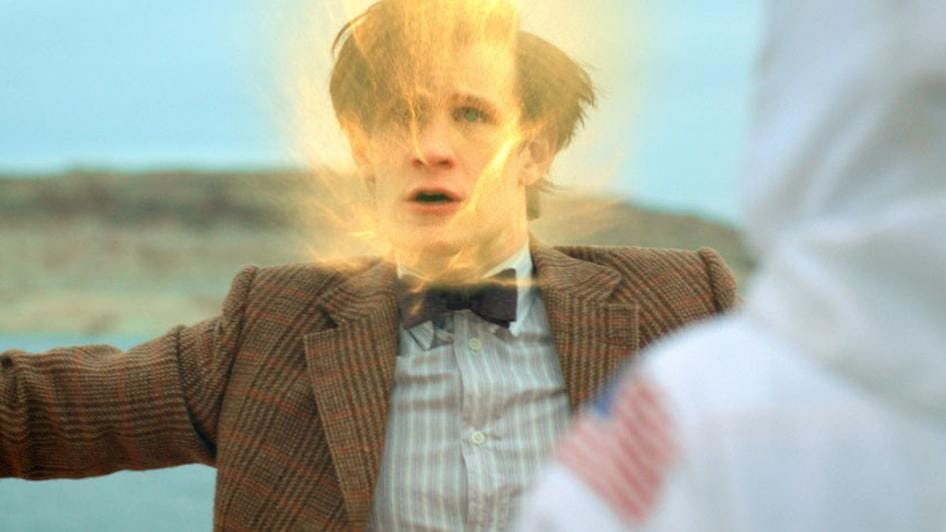
Given that this is Imperial I’m sure that few of you will be unaware that last Saturday saw the broadcast of ‘The Wedding of River Song’ - the final episode of the latest series of Doctor Who. This has been probably one of the best series since the 2005 revival of the show. Starting with the chilling image of a future version of the Doctor being killed in ‘The Impossible Astronaut’ it included the wonderful exploration of the Doctor’s companion Amy that was ‘The Girl Who Waited’ and the near perfect ‘Let’s Kill Hitler’. It’s not surprising that I had high hopes for this episode.
‘The Wedding of River Song’ begins with the Doctor finally resigned to his impending death and the mysterious River Song trapped by the Doctor’s enemies, the Silence, in a mechanical spacesuit which is trying to force her to shoot him. She manages to resist, thereby disrupting the fixed point in time that was the Doctor’s death and causing all of history to become compressed into a just a few moments and begin to collapse. The rest of the episode sees the Doctor trying to convince River to kill him in order to save time while River tries to find a way to save him. Needless to say by the end of the episode our heroes had managed to save both the Doctor and time.
While this was certainly a passable ending to the series, with the manner in which the Doctor manages to survive being quite clever, I can’t really say that that I wasn’t disappointed. It’s not just that there were plot holes (why did the Silence even need River - couldn’t they have just used a fully robotic spacesuit to kill the Doctor?) and that many of scenes when time was compressed were frankly ridiculous (with flying cars supported by hot air balloons and Churchill as the leader of a Holy Roman Empire which apparently has London as its capital).
It’s just that the entire episode felt a bit thin on the ground. Whilst the ultimate solution was pretty good, it’s clear that the writer, Steven Moffat, had no idea how to translate this into 45 minutes of drama –resulting in an episode full of filler. The titular wedding between River and the Doctor is a prime example – it comes almost out of nowhere. While it is the case that River has been obsessed with the Doctor her entire life, the Doctor himself hardly knows her at that point – making it all the more surprising that it is he who proposes the marriage. No, I don’t know what I would have done better myself, and Moffat has probably done the best job possible but that doesn’t stop me feeling a bit let down!
Near peerless entertainment for the target age group
Thinking back on the previous series, however, ‘The Wedding of River Song’ is actually well above the average quality of a Doctor Who episode. While it is easy to be blinded by the few gems, the fact is that even series six contained its fair share of sub-par episodes such as the completely forgettable ‘The Curse of the Black Spot’ and the dreadful two-part ‘The Rebel Flesh’ and ‘The Almost People’ which has guest characters whose motivations change every twenty minutes and ends with the Doctor killing somebody for no good reason.
While ‘The Wedding of River Song’ failed because it couldn’t live up to the impossibly high standards expected of it, far too many others fail because of lazy or simply incompetent writing. Episodes are so often filled with deus ex machina endings and meaningless technobabble while every series finale seems to threaten the end of the universe, or even time, thus completely devaluing the level of danger. The question is, therefore, why is the show so popular? The answer is quite simple. In essence, Doctor Who is a childrens' or – to use a typical BBC euphemism - a ‘family’ show. It irrefutably offers near peerless entertainment for the target age group, whilst remaining largely watchable for adults. But ought it be judged by the same criteria as a mature show?
Yet it so often is, and usually favourably. It has a massive adult following and I have even seen some of the more significant episodes discussed on the main pages of national newspapers. Its popularity can probably be explained in two ways. I imagine that for many the reason is nostalgia, which is of course helped by the show having been on our screens for so long. Even the show’s revival has already been going for a not insignificant six years – indeed I was only thirteen when I started watching it.
For the more serious SF fan, however, or at least for myself, the attraction is the show’s great potential. The premise of having a machine that can take you anywhere in space and time allows for a literally endless variety of stories and the show’s long running nature allows for a depth, both of character and plot, rarely found anywhere else in television. Of course the full potential will never be reached. That’s not to say that family programming can’t be eminently entertaining, series six proved that, but it means that there will always be topics that won’t be touched and simplifications that will be made. I, however, will keep watching for those glorious moments where the show transcends both standard science fiction and family programming and comes so close to all that it could be.

